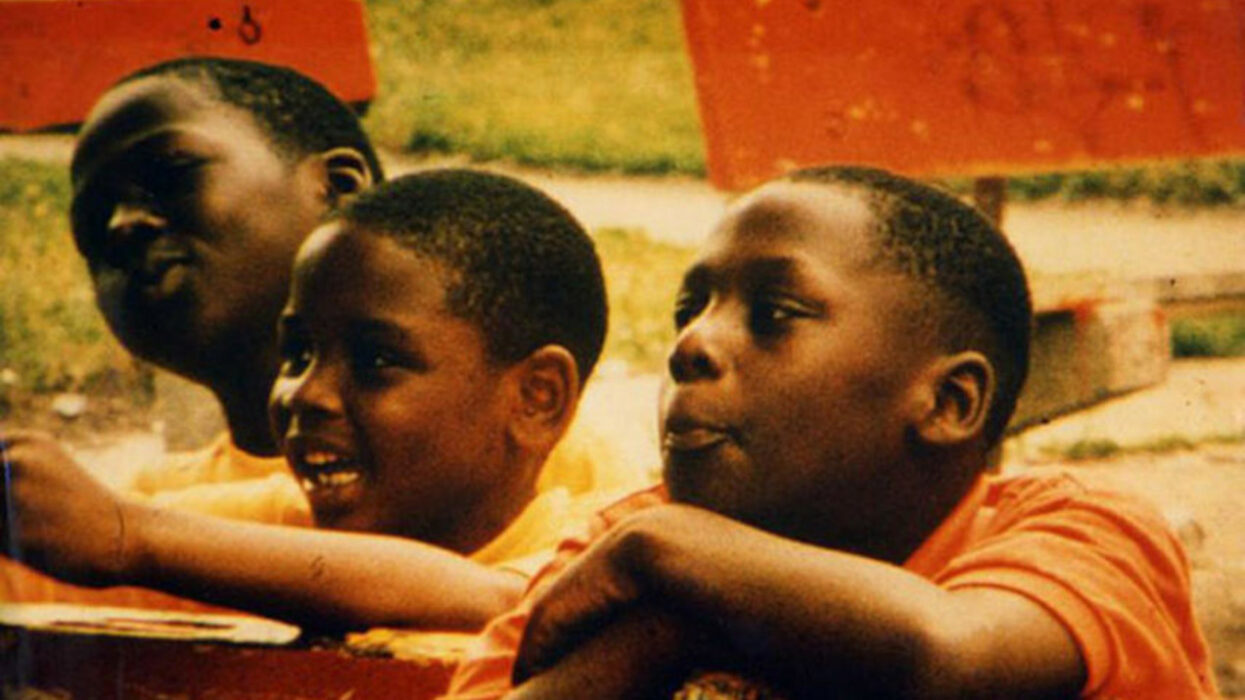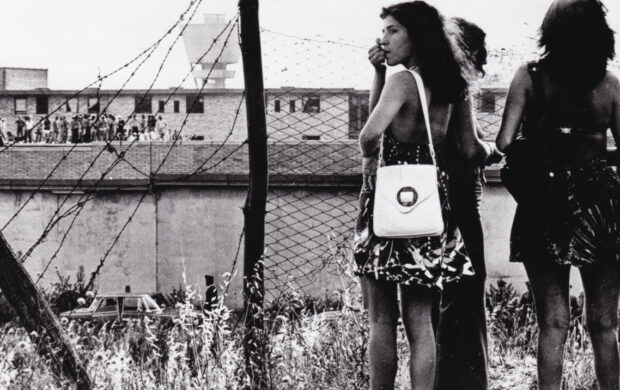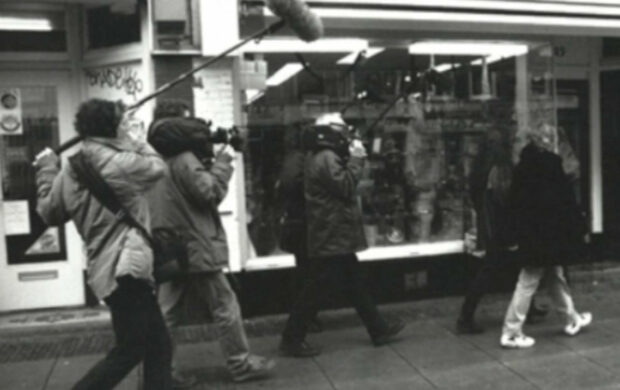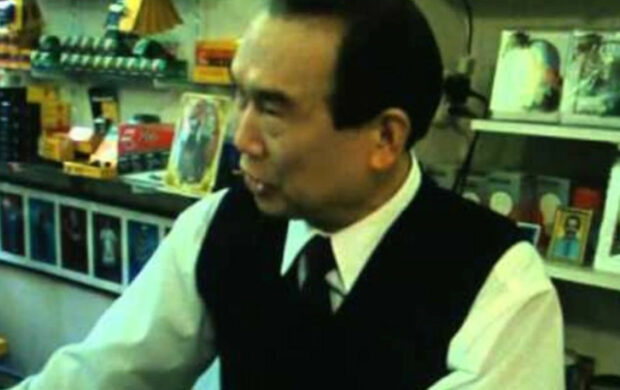Public Housing
Le Logement social
- 1997
- United States
- 195 minutes
- English
“The film takes place in a public housing development in Chicago named after Ida B. Wells, a prominent black woman in Chicago passionately involved in aiding the urban poor. There are public housing developments like Ida B. Wells in every major city in the United Sates and in most countries where there is state aid to the urban poor. […] In this particular area of Chicago, the residents are mainly black and the linked developments constitute an enormous black ghetto. In other parts of the city, the residents may be Hispanic or white. What characterizes most residents of public housing is that they are poor. The film is about the daily life of the residents of this one development and the way they cope with the intersecting problems of racial discrimination, unemployment, poor education, illiteracy, dysfunctional families, poor health, inadequate diet, drug and alcohol addiction, teen-age pregnancy, depression and despair. The film includes sequences illustrating the inter-relatedness of these issues and shows the work of some of the agencies that have been established in the development to help the residents help themselves to bring about changes in their personal and community lives. Some of the agencies whose work is seen are the police, a tenants council, guidance and drug counsellors, the director of a child development center and a representative of the Federal Department of Housing and Urban Development which is the United States governmental agency responsible for public housing on a national level. The meetings of some of these groups provide a forum for the expression of the tenants grievances. This film is part of the series I have been making about American institutions and is thematically linked with many of the other films in the series which show the lives of poor people like the residents of Ida B. Wells as they come in contact with other institutions of the State, for example: a prison for the criminally insane (Titicut follies); high school (High school); police (Law and order); the courts (Juvenile court); welfare (Welfare); health (Hospital). The lives of the poor in large cities is probably substantially the same from one country to another although the particular forms that give expression to their poverty may vary.” Frederick Wiseman
- Production : Zipporah Films
- Distribution : Ideale Audience International
- Editing : Frederick Wiseman
- Sound : Frederick Wiseman
- Photography : John Davey



